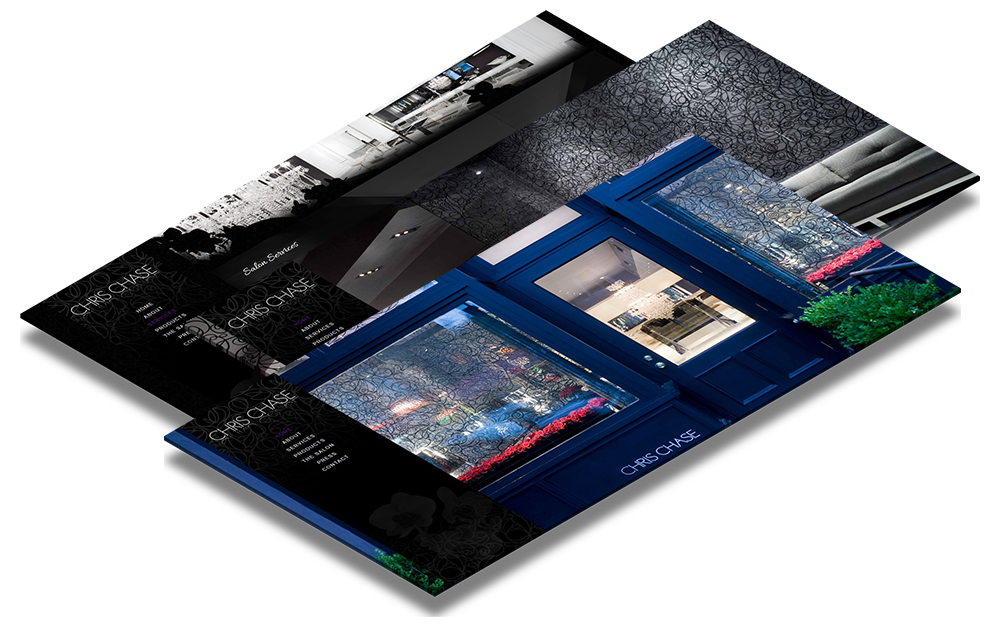Chris Chase Salon
Tucked away in the landmark Highline neighborhood of fashionable West Chelsea is Chris Chase… a luxurious salon that blends a friendly, distinctively downtown vide with the very best in hair care services
Tucked away in the landmark Highline neighborhood of fashionable West Chelsea is Chris Chase… a luxurious salon that blends a friendly, distinctively downtown vide with the very best in hair care services

A CMS is designed to make things easier for you. However, we at OrangeSpike Inc can make it even easier for you by designing your very own CMS. Your website must be updated regularly to keep it current.
A content management system (CMS), which is like the heart of a website, will let you do this job easier while providing a layer of security to protect your content from those who have no authority to make changes to it.
What is CMS?
The content management system is the system used to manage the content of a website. Depending on its permission settings, multiple users with different permission levels can be able to create, edit, archive, publish, distribute or even delete website content, data and information.Usually, a CMS consists of two elements: one is the content management application (CMA) the other is the content delivery application (CDA). CMA allows the content manager to manage to create, modify or remove content from a website without the intervention of the webmaster. CDA uses and compiles that information to update the website. The features of a CMS system vary per system, but most of them have web-based publishing, format management, revision control and indexing and search and retrieval features.
Depending on how sophisticated a CMS system the author may or may not have to be familiar with Hypertext Markup Language (HTML) or other coding languages.
Should you even get CMS?
You might think you don’t need a CMS and think you can handle the updating and removing of data on your own, however you should probably get one if: You Have a Website that Frequently Needs Updating – Updating can be a pain, especially if you are a total newbie at running a website, a CMS will allow for the easier transition of content whether you want it modified, updated or removed.
You Have a Website That Has More Than 10 Pages – Having a big website means constantly juggling old and new data, are you sure you can keep track of it all without a CMS?
You Frequently Outsource Website Updates to Third Parties – You might have better use of your time and so you let others handle update to your website. How sure are you they can all be trusted not to sabotage or mess up your data?
What You Should Still Remember about CMS
It’s not supposed to serve as a stand-in for a web developer – A CMS isn’t meant to replace a web developer or web programmer. Many CMS programs still require the expertise of a web developer or programmer to install, use and maintain. This goes even for the most ‘sophisticated’ CMS systems available out there. A fancy, full-featured and high-tech CMS system will usually still need a web developer or web programmer to sort it out. CMS programmers are not designers – Remember that in the end those CMS web programmer and web designers are not trained to appreciate how the material contributes to the overall impact of the page. They can put content in but not really have an appreciation for the design, branding and usability experience of the material they put in. That’s why the website owner must always work in tandem with them.